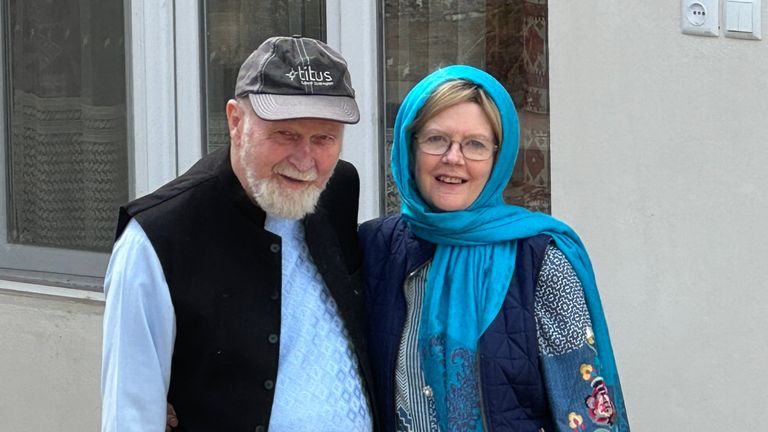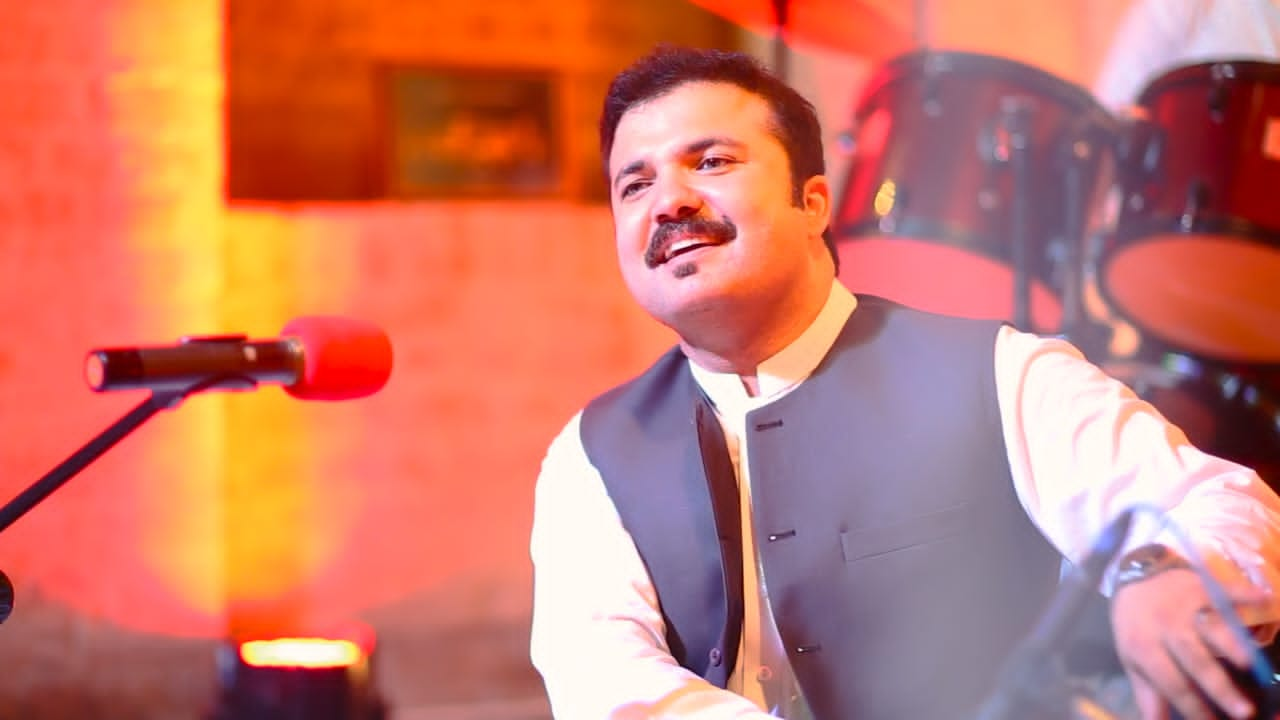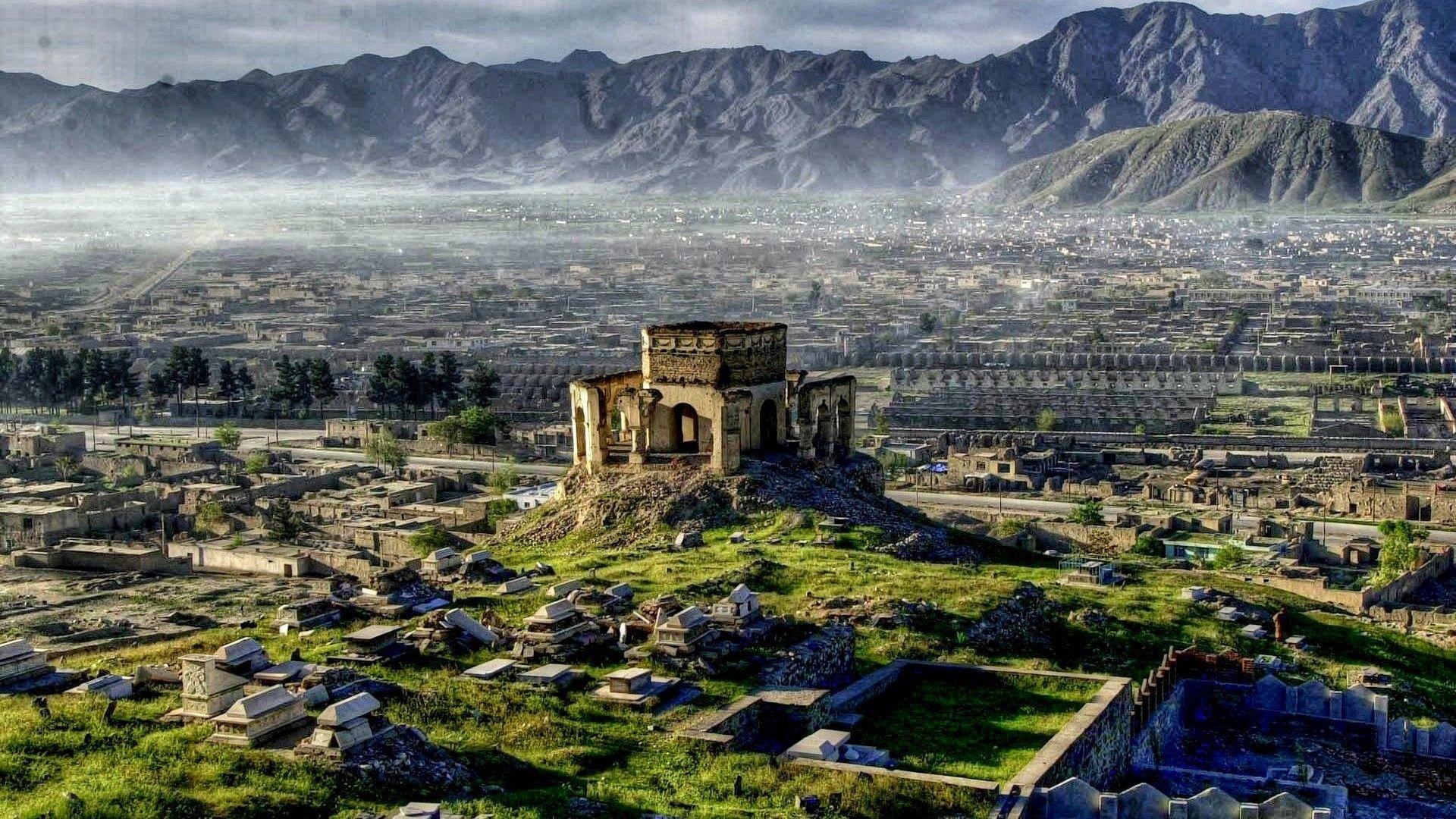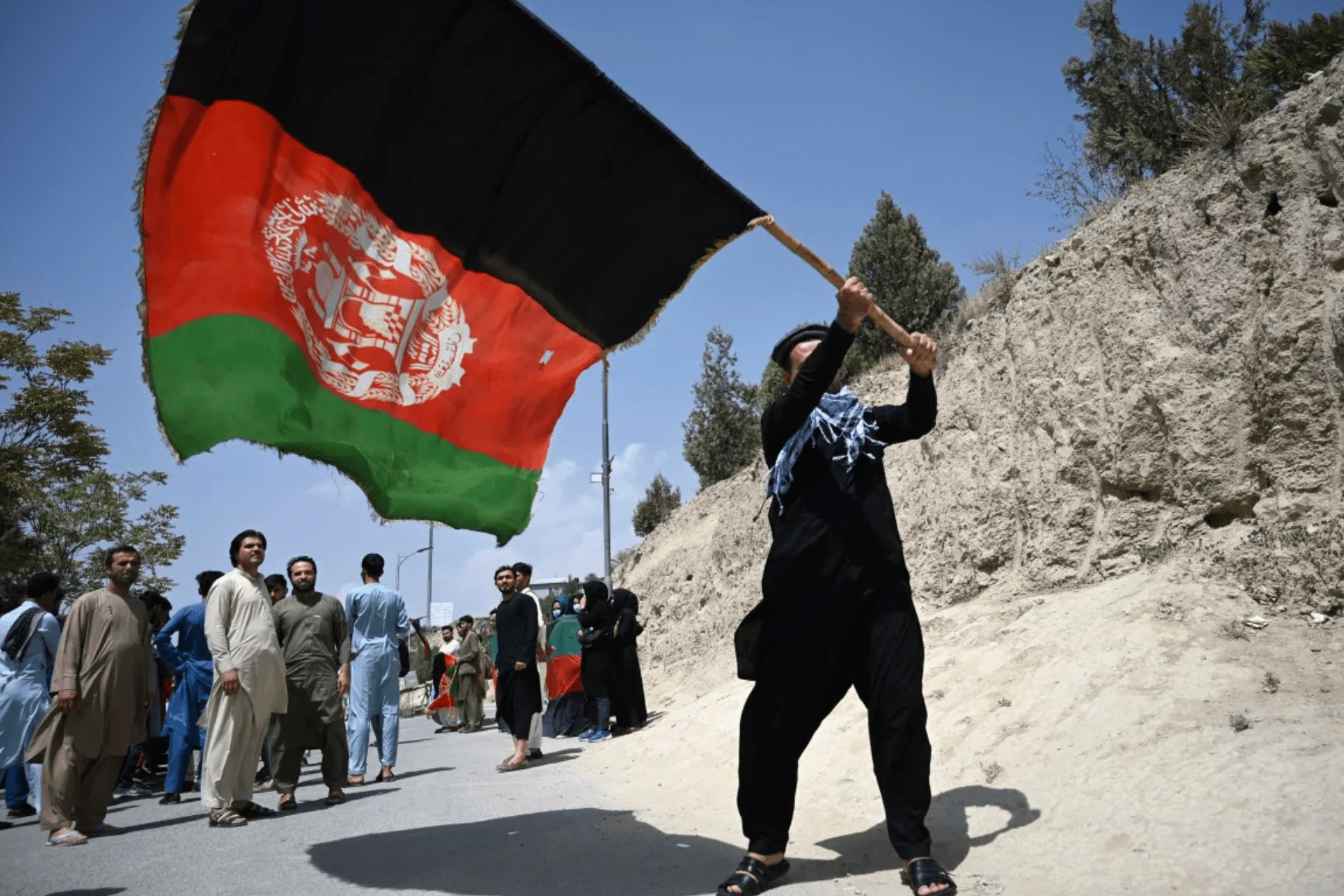More interventions in the Intra-Afghan Peace Talks
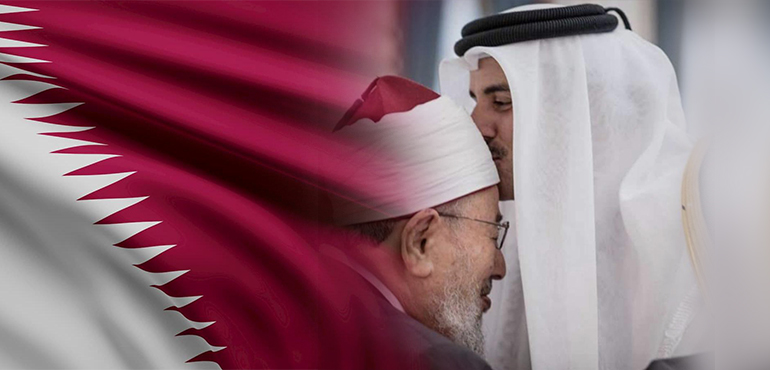
Wednesday October 7th/2020
Kabul Afghanistan
More interventions in the Intra-Afghan Peace Talks
Why does the so-called “Intra-Afghan Peace Talks” keep being intervened by third parties, specifically Qatar and its political and religious leaders? In the previous article we wrote about the condemnations of Qatar’s government regarding the recent suicide attack that happened in Nangarhar province of Afghanistan. Qatar has made many statements reflecting on their strong viewpoint on rejecting any kind of violence and terrorism regardless of their motives and causes.
While the fourth point of the Agreement for Bringing Peace to Afghanistan between the “Islamic Emirate of Afghanistan” which is not recognized by the United States as a state and is known as the Taliban and the United States of America states that “A permanent and comprehensive ceasefire will be an item on the agenda of the intra-Afghan dialogue and negotiations. The participants of intra-Afghan negotiations will discuss the date and modalities of a permanent and comprehensive ceasefire, including joint implementation mechanisms, which will be announced along with the completion and agreement over the future political roadmap of Afghanistan.” Has this point been discussed and agreed upon yet? If yes: why the recent attack happened in Nangarhar and if not yet, then why? This and many other examples from this meeting show, how very little of the information is being shared with the public and media both in Afghanistan and Internationally.
Furthermore, recently the Taliban delegation has visited the Egyptian prominent scholar and Grand Mufti of Qatar Yusuf Al-Qaradawi amidst the intra-Afghan talks. Al-Qaradawi posted on Twitter a photo with the delegation of Taliban at his house on Monday, saying: “In my house, the participating delegation of Taliban in the ongoing intra-Afghan negotiations in Qatar’s Capital, Doha and talking about the diplomatic efforts to end decades of Conflict.” It’s confusing why a government like Qatar and their political and religious leaders on one hand criticize terroristic attacks on a country and on the other hand meet with the people who publicly accept the responsibility of such attacks. Aren’t these talks supposed to be the “Intra-Afghan Peace Talks”, only between the government of Afghanistan and the Taliban? What is the need for Qatar Government, especially their high-profile political and religious leaders to then hold one-on-one meetings with the Taliban representatives? What are they discussing that is not being shared with neither the Afghan Government nor the media? Should the international community be concerned about their investment in peace in Afghanistan?
The above and many other questions have created a fear in the hearts of Afghan people. What if the Qatar government is hosting separate meetings with the Taliban Leaders because there is a possibility or a thought among them that Taliban might come to power again in Afghanistan and they are trying to have their way in further interventions in Afghanistan? Is Qatar really an unbiased party who is hosting this important event or are they trying to secure their future interests in Afghanistan through these meetings they are hosting with the Taliban because they might be thinking that Taliban will be in power again? And if that happens, what is next for Afghanistan and the Afghan people? What is next for Afghan women? Political experts say that the actions currently taken by the Government of the State of Qatar are violating the international principles and many conventions of the United Nations. If it is so, who is to take action and stop these violations and let two main parties involved in the Intra-Afghan Peace Talks come to a political settlement. The fact that coming to an agreement on a political settlement is taking so long for both parties, makes the doubts of international community and the Afghan people more truthful about the intervention of third parties in the intra-Afghan Peace Talks.
- 2020 Oct - 07



